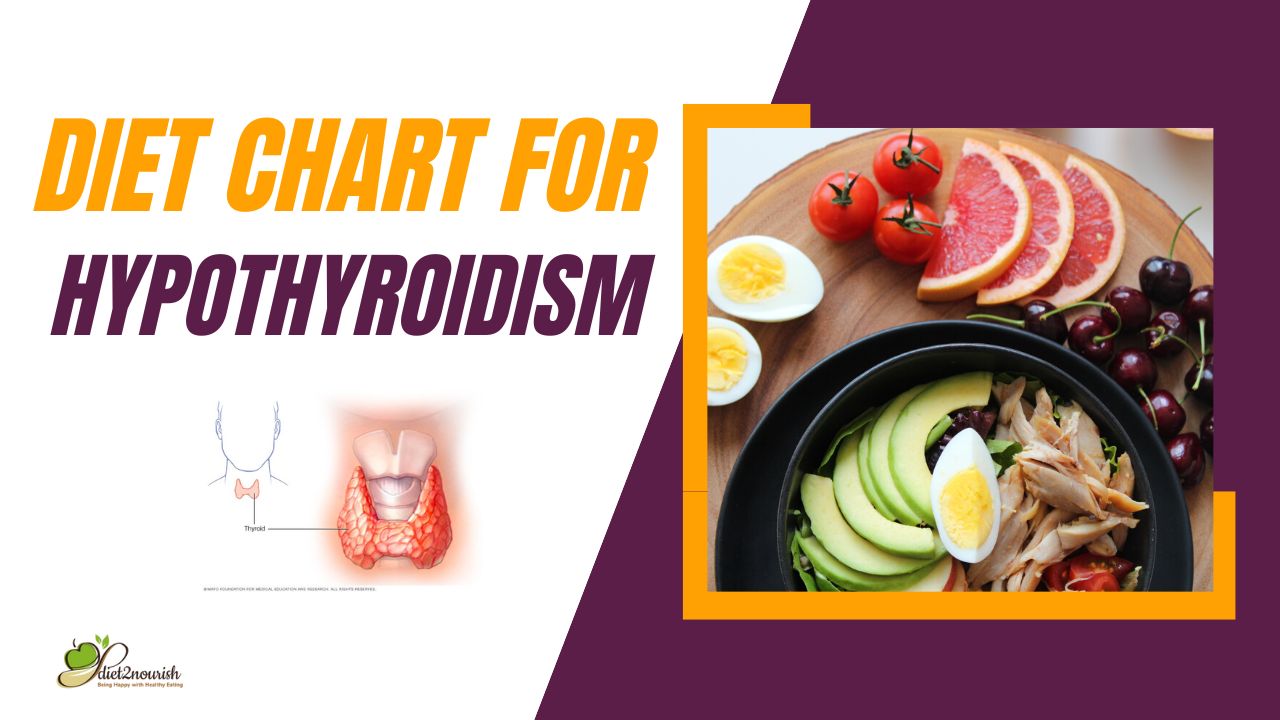The Devastating Environmental Impact of Diet Chart for Hypothyroidism
Hypothyroidism is a condition in which the thyroid gland does not produce enough thyroid hormones, which are important for regulating metabolism and energy levels in the body. A healthy and balanced diet can play a crucial role in managing hypothyroidism and improving thyroid function. In this article, we will provide a sample diet chart for hypothyroidism
Before discussing the diet chart, it is important to note that there is no single diet that works for everyone with hypothyroidism. Each person's dietary needs may vary depending on factors such as age, gender, weight, activity level, and the severity of their condition. It is always recommended to consult a registered dietician or healthcare professional before making any dietary changes.
Foods rich in iodine: Iodine is a mineral that is essential for the production of thyroid hormones. Good dietary sources of iodine include sea vegetables (such as seaweed), seafood (such as shrimp and tuna), dairy products (such as milk and cheese), and iodized salt.
Foods rich in selenium: Selenium is a mineral that is important for thyroid function and can help protect the thyroid gland from damage. Good dietary sources of selenium include brazil nuts, tuna, sardines, turkey, chicken, and eggs.
Foods rich in zinc: Zinc is a mineral that is important for thyroid function and can help support a healthy immune system. Good dietary sources of zinc include oysters, beef, pork, chicken, pumpkin seeds, and yogurt.
Foods rich in iron: Iron is a mineral that is important for thyroid function and can help prevent anemia, which is common in people with hypothyroidism. Good dietary sources of iron include red meat, poultry, fish, beans, lentils, tofu, and spinach.
Foods rich in fiber: Fiber is important for digestive health and can help regulate blood sugar levels. Good dietary sources of fiber include fruits (such as berries, apples, and pears), vegetables (such as broccoli, carrots, and sweet potatoes), whole grains (such as brown rice and quinoa), and nuts and seeds.
Sample diet chart for hypothyroidism:
Breakfast:
- Oatmeal with milk, topped with berries and nuts
- Scrambled eggs with spinach and mushrooms
- Greek yogurt with fruit and granola
Snack:
- Apple slices with almond butter
- Carrots and hummus
- Trail mix with nuts and dried fruit
Lunch:
- Grilled chicken or tofu salad with mixed greens, vegetables, and avocado
- Lentil soup with whole grain bread
- Quinoa bowl with roasted vegetables and chickpeas
Snack:
- Smoothie with spinach, berries, yogurt, and almond milk
- Rice cakes with peanut butter and banana slices
- Greek yogurt with honey and almonds
Dinner:
- Grilled fish or chicken with roasted vegetables and brown rice
- Vegetable stir-fry with tofu and quinoa
- Turkey chili with whole grain crackers and salad
Snack:
- Popcorn with nutritional yeast
- Dark chocolate with almonds
- Cottage cheese with fruit and cinnamon
In conclusion, a healthy and balanced diet is important for managing hypothyroidism and improving thyroid function. The above diet chart provides a general guideline for foods that are rich in iodine, selenium, zinc, iron, and fiber, which are important for thyroid health. However, it is always recommended to consult a registered dietician or healthcare professional before making any dietary changes.

Comments
Post a Comment